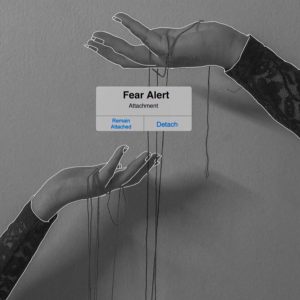Modern life is full of emotional challenges. The pressure to succeed, need to “keep up”, fear of missing out (FOMO) , and tucking in a social life somewhere in between – all evoke volatile combinations of emotions.
Often we don’t acknowledge our emotions that bring about feelings of discomfort, stagnancy, or the weight of our chronic self doubt that critiques our every action – which we internalize, at times unconsciously.
A more common term used to describe this is internalizing behavior, as opposed to externalizing behavior (in which you can see struggle with self regulation, trouble with controlling emotions and impulsive reactions).
Emotions have energy that pushes up for expression, and when the mind thwarts the flow of emotions because they are too overwhelming or too conflicting, our minds become agitated and displace those internal emotions that have been bubbling within. Overtime, they have detrimental effects on our health, self esteem and relationships.
When we finally do acknowledge our emotions, it’s an emotional cocktail. Not knowing where to begin or untangle.
I often find myself asking these questions; How am I feeling right now? Why am I feeling this way? How does this person make me feel? How does this situation make me feel? What emotions are evoked by this person or situation?
When we identify what is bothering us, our frontal lobe gets to work. That specific brain region helps us with problem-solving, finding solutions, and validating our experience, which can help us in starting to feel better.
Mindfulness based practices can help catch ourselves before we react through a distorted lens of past experiences. To catch our anxious minds when they go into the hole of catastrophic thinking when faced with uncertainty.
When we reframe core negative beliefs that we’ve been manifesting, place a more wholesome thought process, it is easier to let go of resistance, tune in to our passions, inner resources and move forward with confidence.



